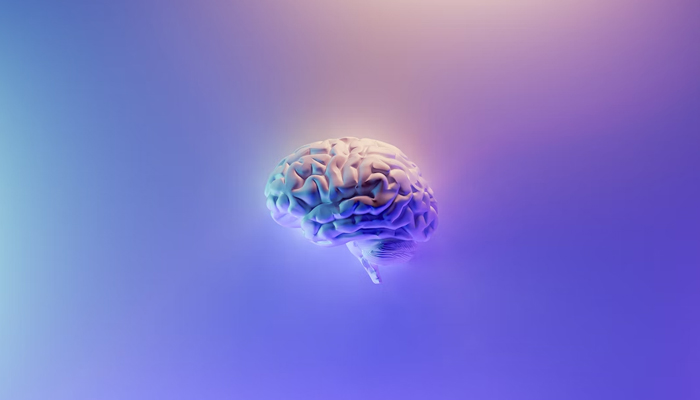Study reveals how brain's internal compass works
Mental processes may not work well in those having dementia, other mental health complications
March 27, 2023

With the help of the latest brain imaging techniques, neuroscientists have been able to acquire further knowledge about how the brain determines and understands directions.
The findings of the study also revealed the processes by which the brain adjusts to a new environment, reported neurosciencenews.com.
The mental processes, according to the study, may not work well among those diagnosed with dementia, and other mental health complications.
Co-leader of the study Mark Brandon, an associate professor of psychiatry at McGill University, said that these recent technological advances have enabled us to answer the complex questions which would have been difficult to answer some years ago.
How brain's internal compass works
In the study, mice were presented with a disoriented virtual environment. Scientists recorded their neural activity to see how their vision influence their brain's ability to compass which the team has done with enough precision by using advanced neuronal recording technology.
The team used the study to understand how an animal's brain cells respond to different environments.
The team observed a process — termed "network gain" — that enabled the mice to recalibrate their mental compass when their visuals were disrupted.
Zaki Ajabi, the lead of the study, noted that it was observed that the brain possesses a reset button which enables reorientation or its compass in unfamiliar situations.
Scientists believe that albeit animals were exposed to a virtual environment, similar disorientation is also experienced by humans — with the usage of virtual reality technology increasing rapidly —, therefore, the findings are relevant.
Ajabi also added that these findings may eventually explain how virtual reality systems can easily take control of our sense of orientation.
Co-author Xue-Xin Wei Assistant Professor at The University of Texas at Austin considers it beautiful that a mix of technology and experimental approaches has enabled them to further their understanding of mental activity and behaviours.
Implications for other mental diseases
Bradon, while noting the implications of these findings for the people living with Alzheimer, said that "the early symptoms of Alzheimer's disease are that people become confused and usually feel lost in a different environment."
The experts in the study have expressed their hope that their findings would enable other scientists to enhance their understanding and help in the early detection of Alzheimer's disease and better assessment of treating the disease.











